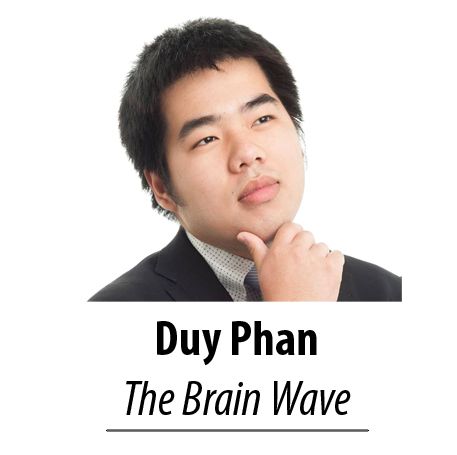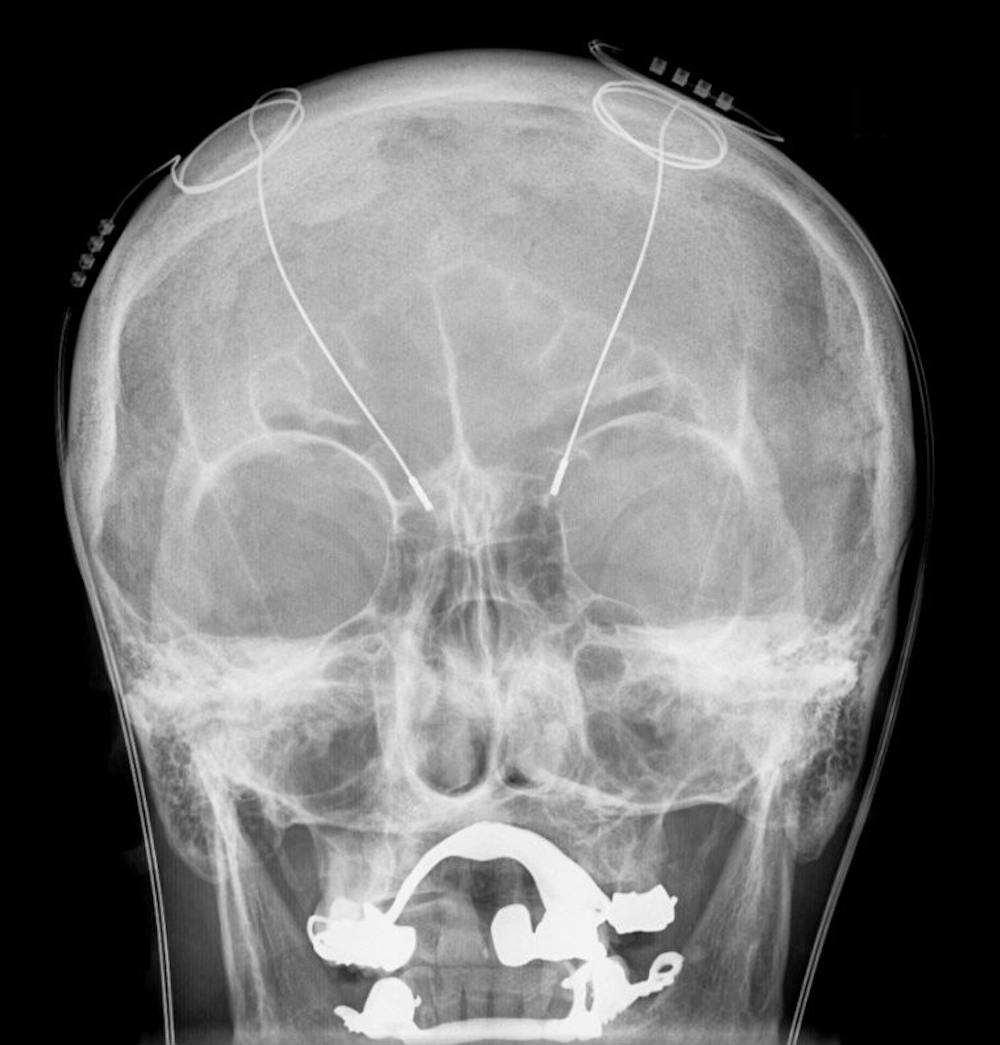
An emerging strategy for targeting neuronal circuits is deep brain stimulation (DBS). This technique is achieved by implanting electrodes, which deliver electrical shocks to specific regions of the brain. DBS was first developed as a treatment for Parkinson’s Disease but has since been used to treat other neurological disorders as well, including epilepsy and Alzheimer’s.
Within the realm of mental health illness, DBS is also being used to treat depression. Although medications called selective serotonin reuptake inhibitors (SSRIs) are the mainstay therapy for depression, there is a significant population of patients who do not respond to drug treatments.
Brain imaging data shows that these treatment-resistant individuals display increased brain activity in an area called the anterior cingulate cortex (ACC). This finding led to the hypothesis that increased activity in the ACC represents the circuit underpinning of depression. As a result DBS was developed to normalize ACC activity, aiming to correct the circuit dysfunction that underlies the development of depression.
Although the field assumes that DBS produces an antidepressant effect by influencing the ACC, evidence from animal models suggests that stimulation of the ACC might also work by indirectly affecting other regions of the brain.
An emerging hypothesis posits that the stimulation of the ACC also inadvertently increases the growth of neural stem cells in the hippocampus, and this increase in neurogenesis at least partially contributes to the antidepressant effect of targeting the ACC by DBS.
Within the field of depression research, there is a whole set of literature dedicated to investigating the role of hippocampal neurogenesis in the etiology of depression. Over and over again it has been found that depression induced by chronic stress conditions inhibits cellular proliferation and the production of newborn neurons.
Additional studies suggest that decreased rates of neurogenesis might contribute to the development of depression by attenuating an individual’s ability to recover from stressful conditions. Chronic treatment of antidepressants also increases neurogenesis, and the inhibition of neurogenesis by radiation methods prevents the behavioral efficacy of antidepressants. All of these findings point toward stimulating neurogenesis as a novel therapeutic avenue for the treatment of depression. The connection between the ACC and hippocampal neurogenesis was made when researchers found that stimulating the ACC increased neurogenesis in rats. The increase in neurogenesis was also correlated with an improvement in cognition.
This finding is incredibly fascinating within the field of stem cell biology, as the regulatory networks that control adult neurogenesis are not very well understood.
Although some progress has been made in understanding the genes that control neurogenesis, much fewer studies have investigated the circuits that mediate the growth of new neurons. The discovery that ACC stimulation can increase neurogenesis has several important implications. First, this means that the brain has a way to control hippocampal neurogenesis by using long-range circuits. Second, these findings lend support to manipulating neurogenesis as a way to treat neurological disorders.
Given these findings about ACC circuitry and its potential role in adult neurogenesis, it is important to point out that it is still not clear whether increasing neurogenesis is necessary for the behavioral benefit of ACC stimulation.
A suitable next step might be to inhibit neurogenesis by means of radiation or genetic changes and then to stimulate the ACC to see whether manipulating ACC activity can still produce behavioral benefit in the absence of any effect on neurogenesis. This experiment will allow us to better understand the role of neurogenesis in depression and other brain disorders, as well as gain deeper insight into the mechanism of DBS.





